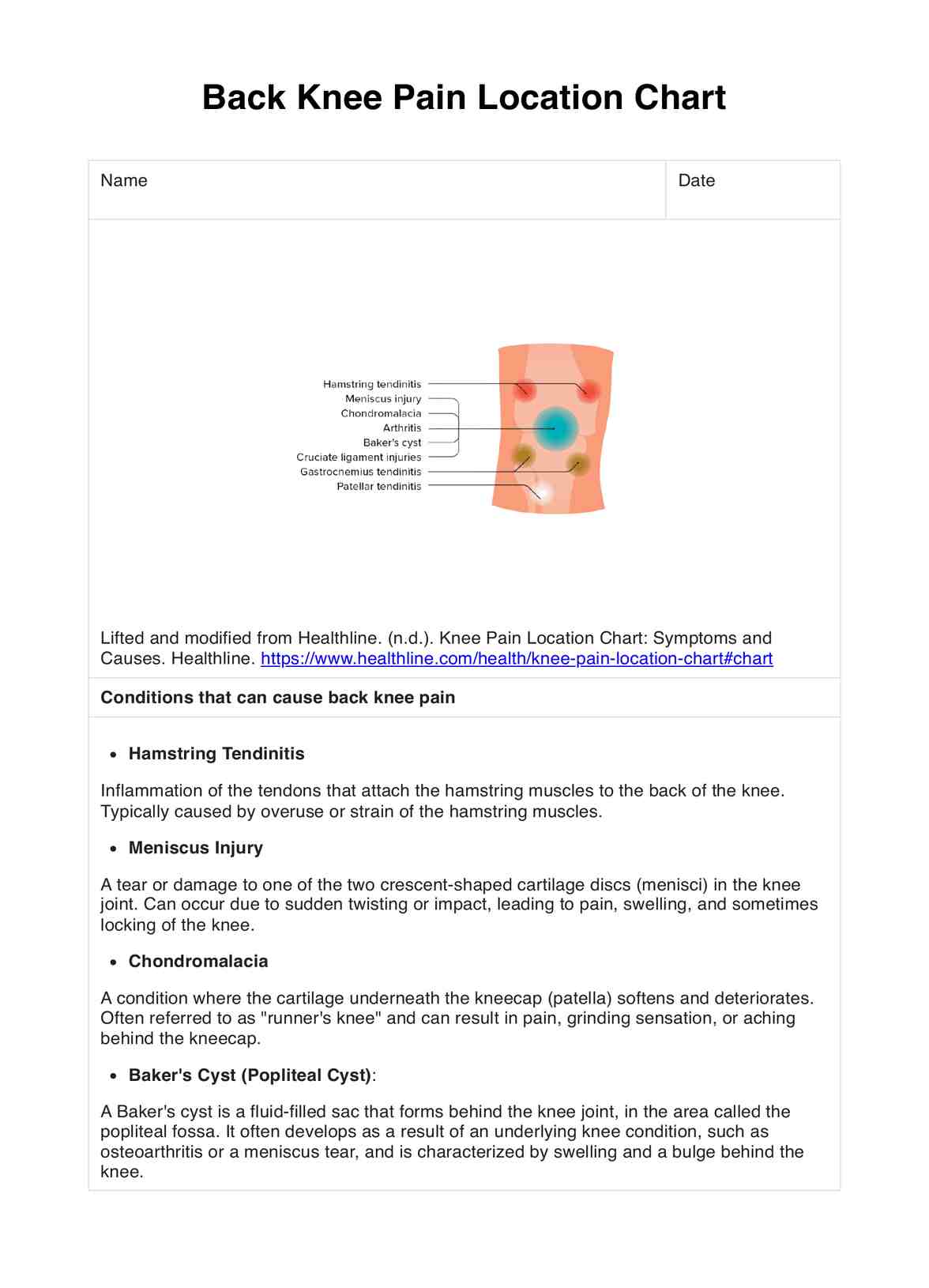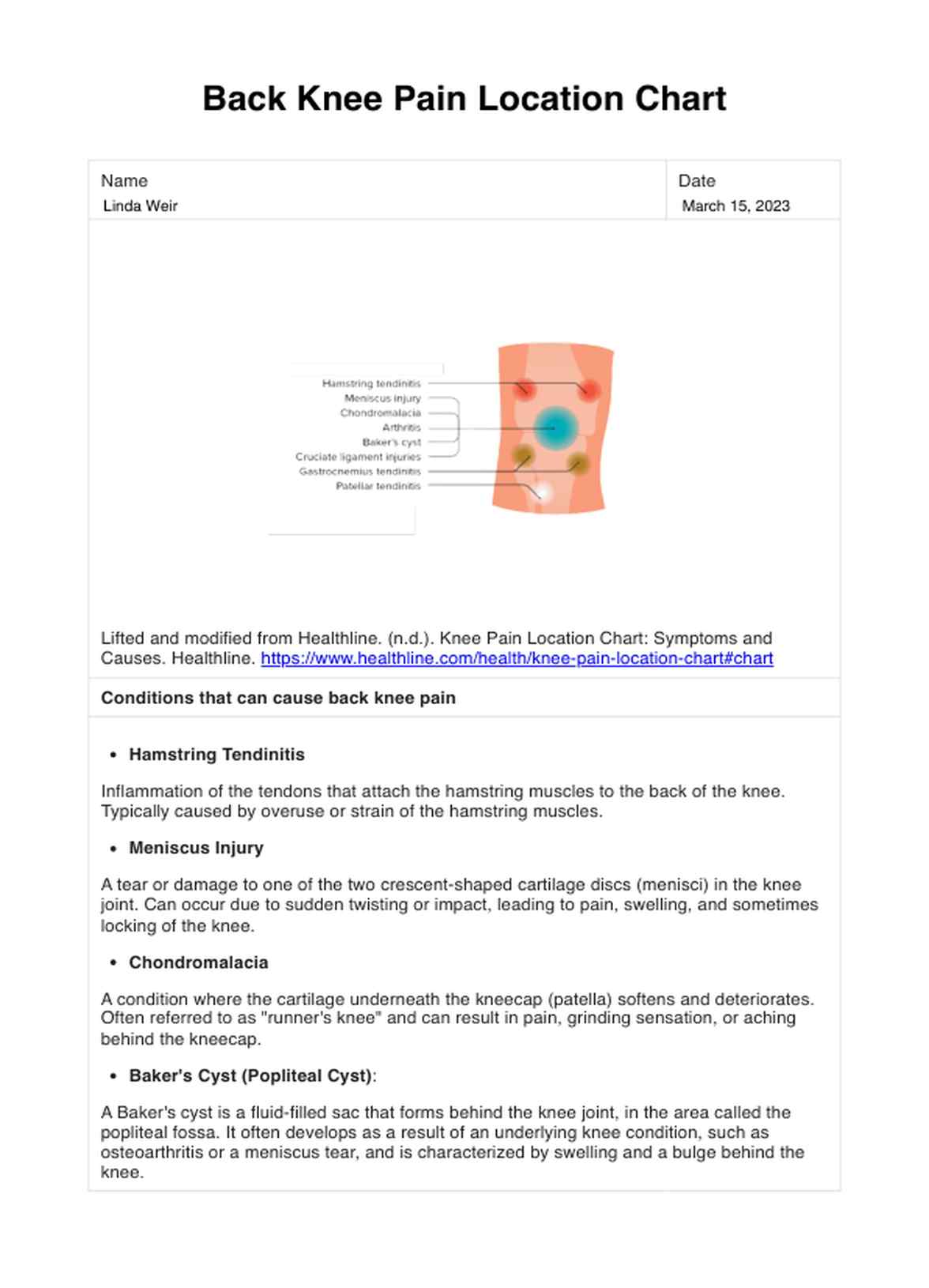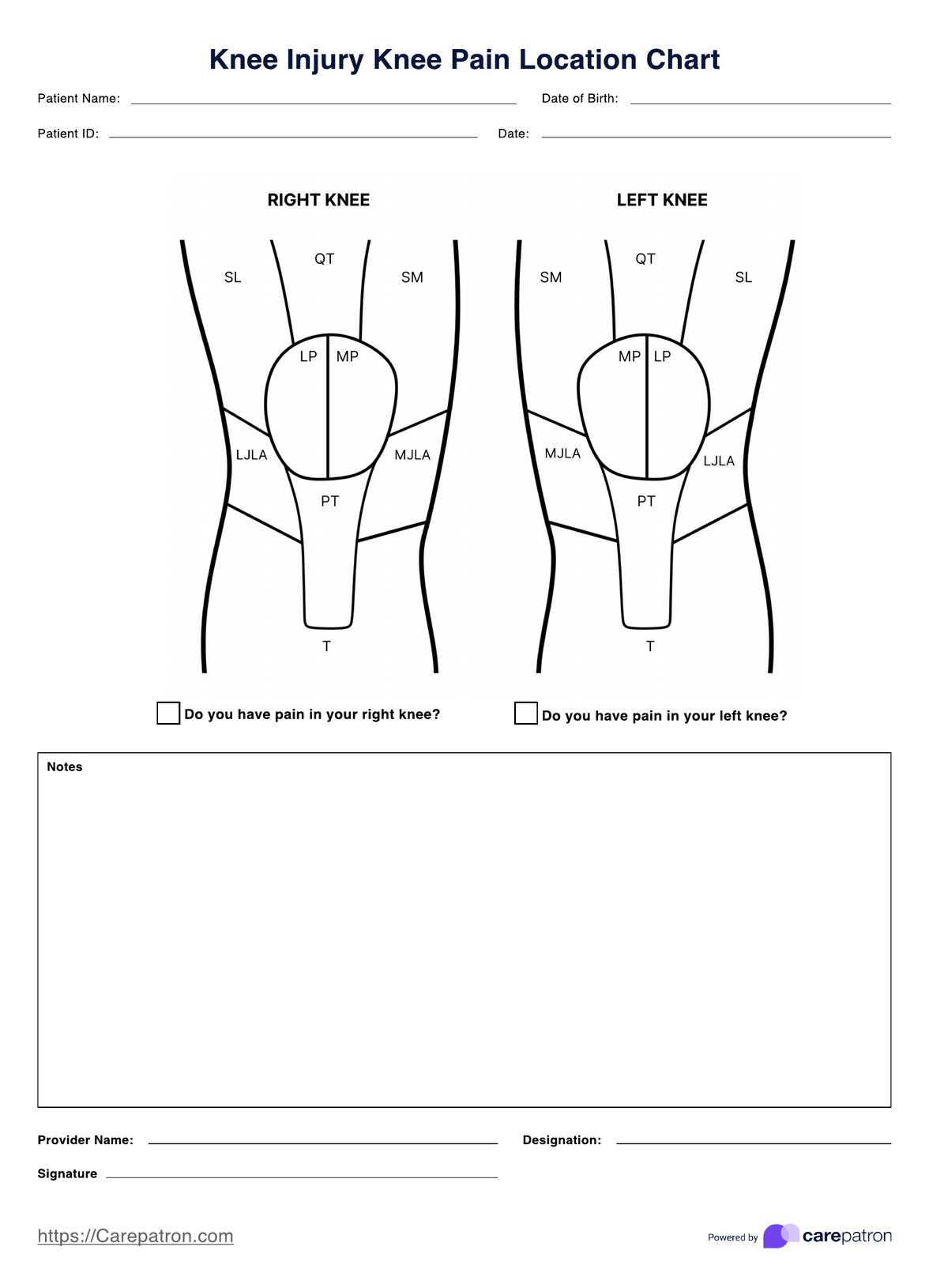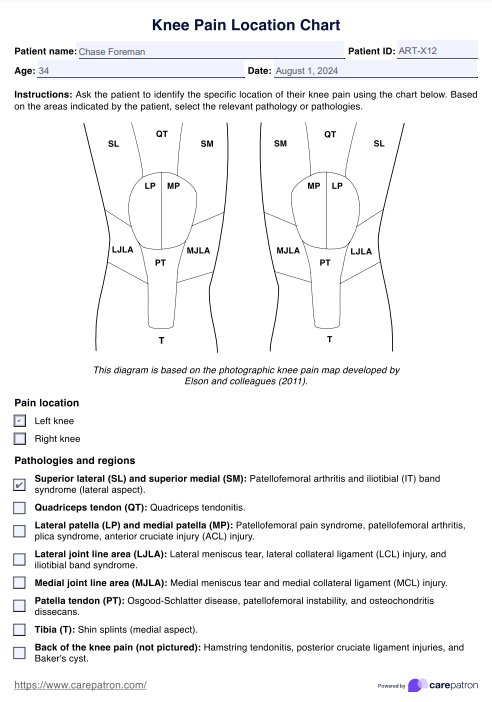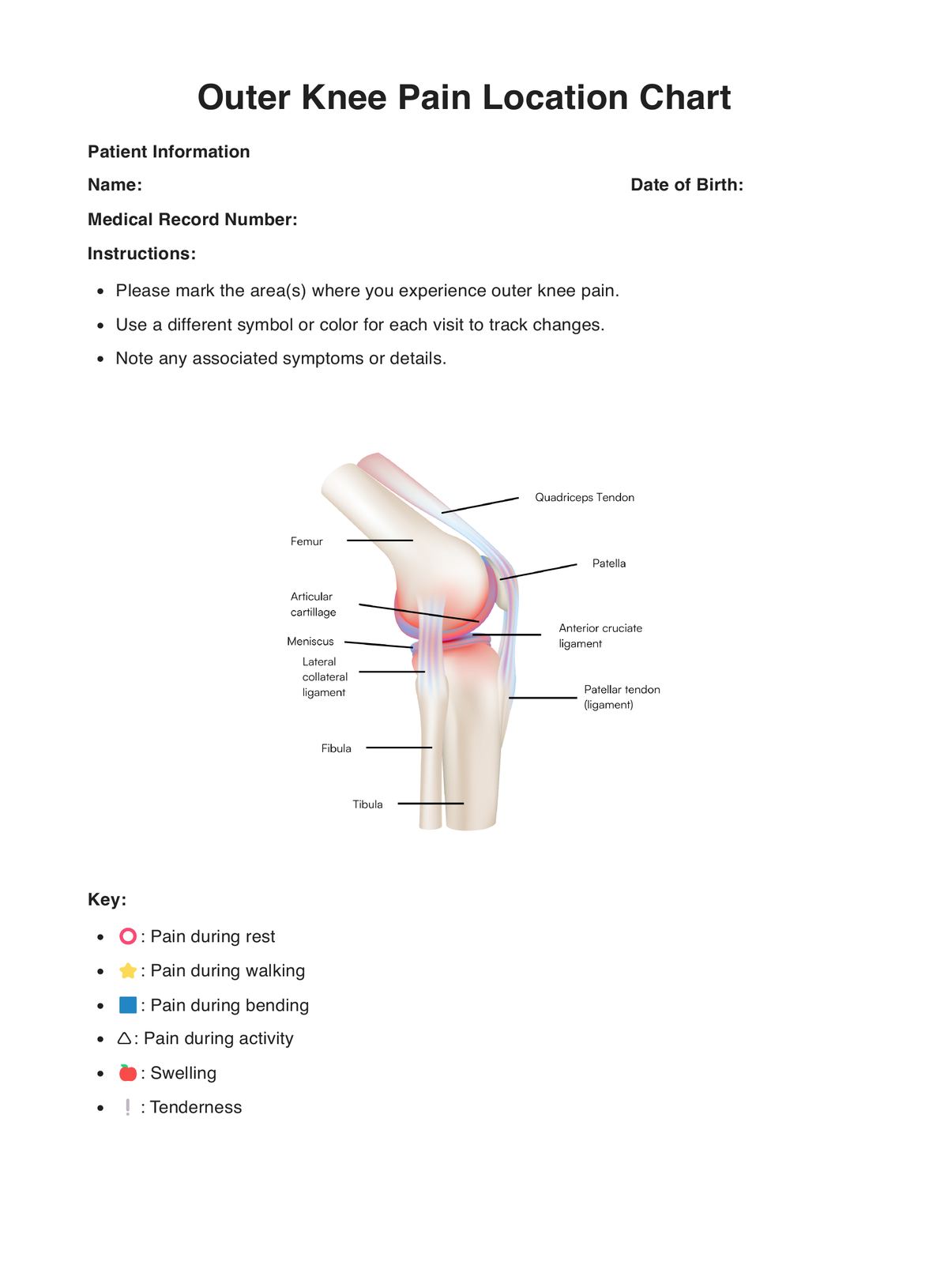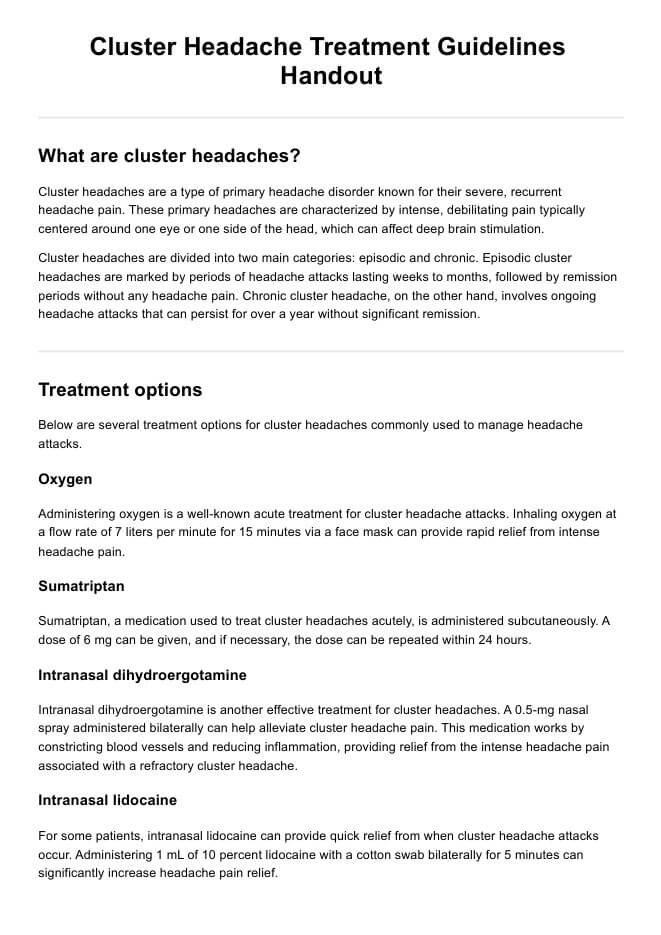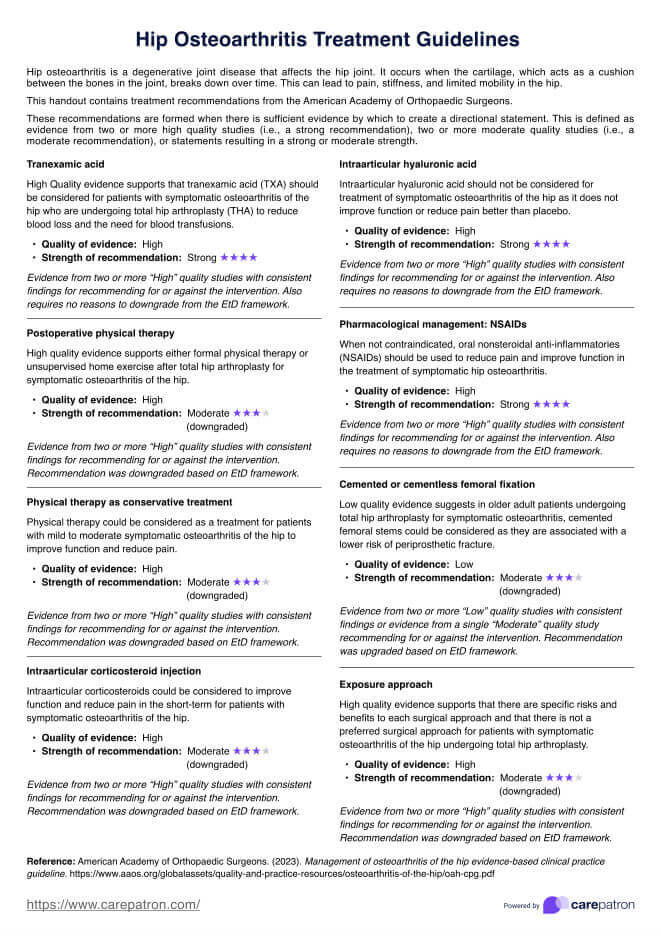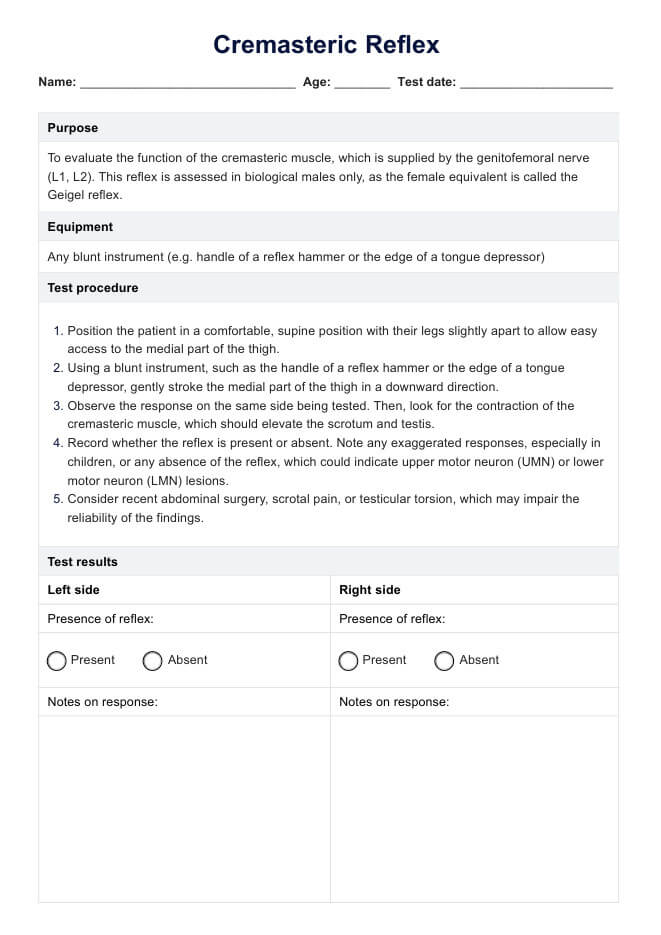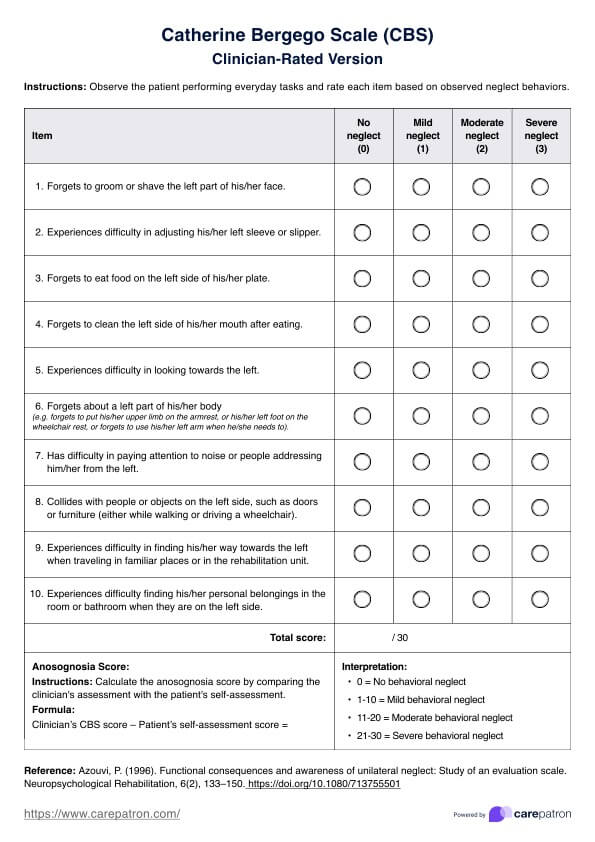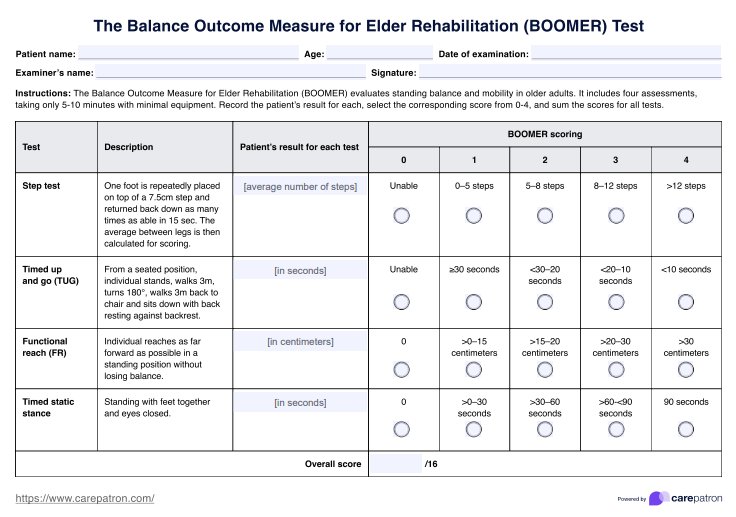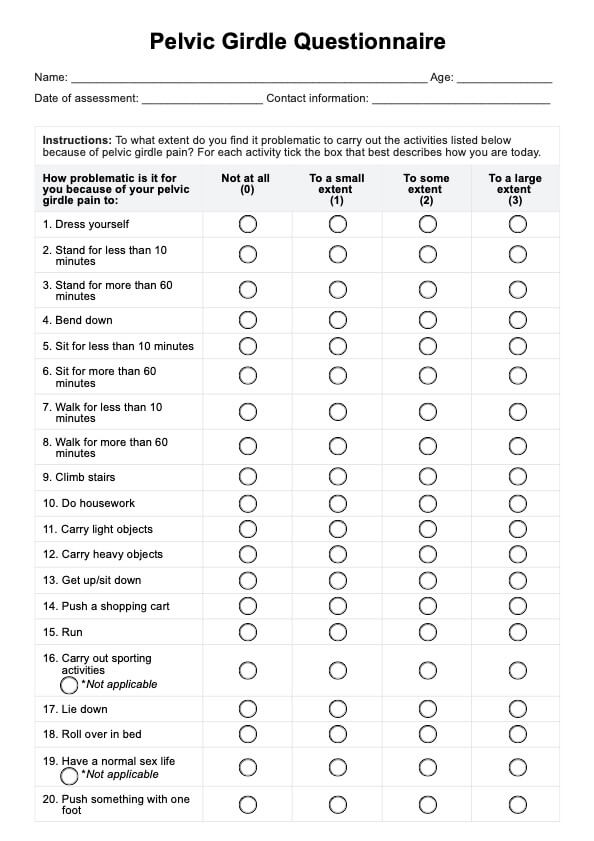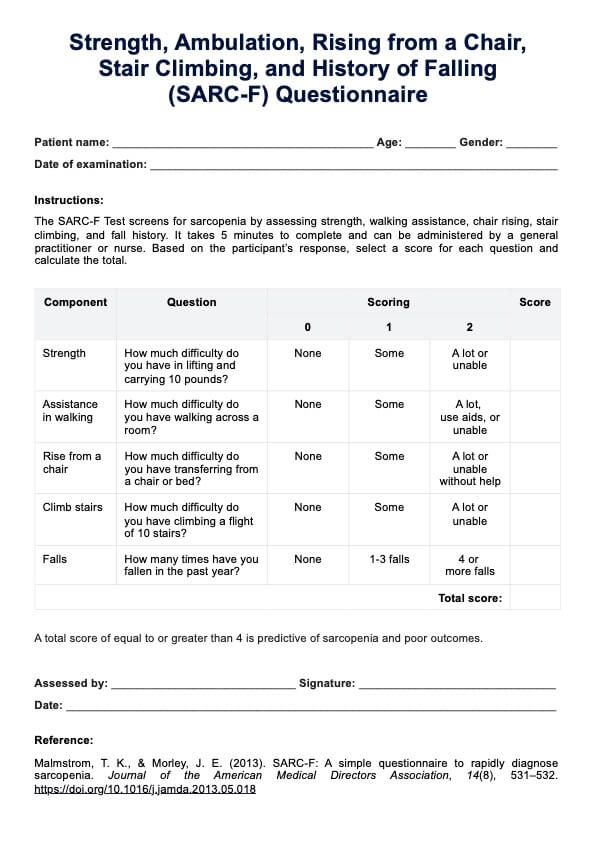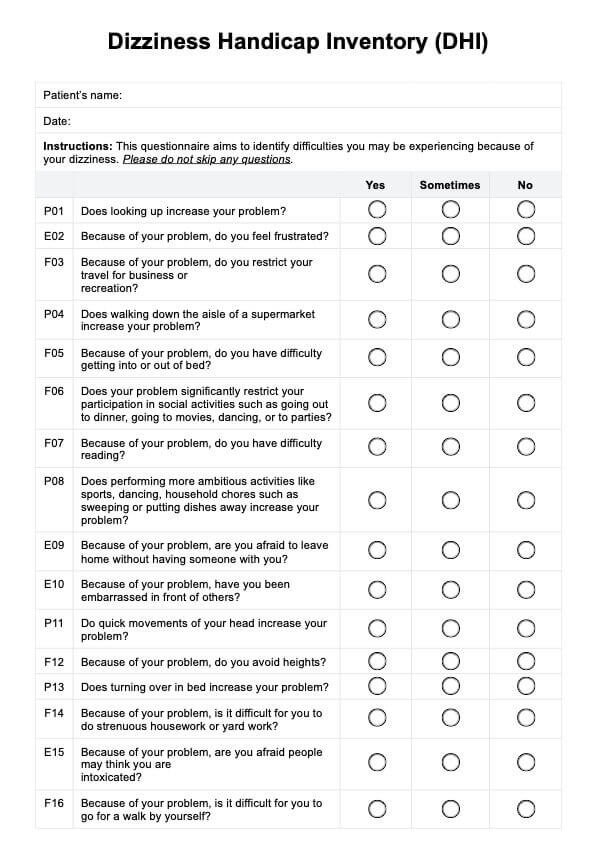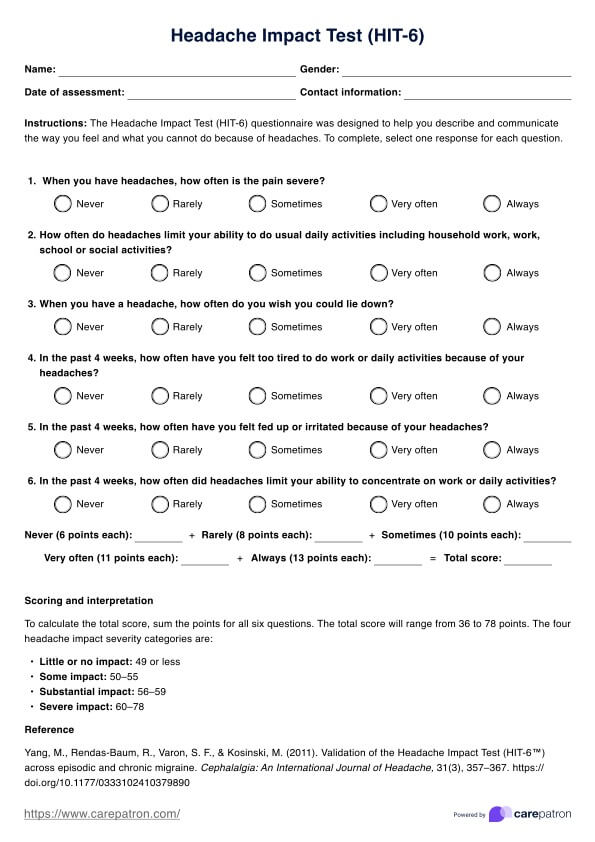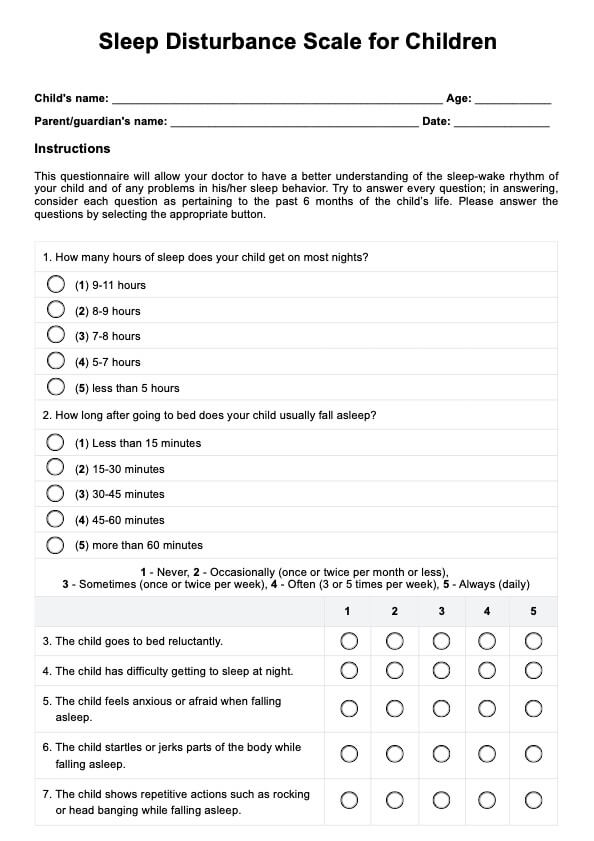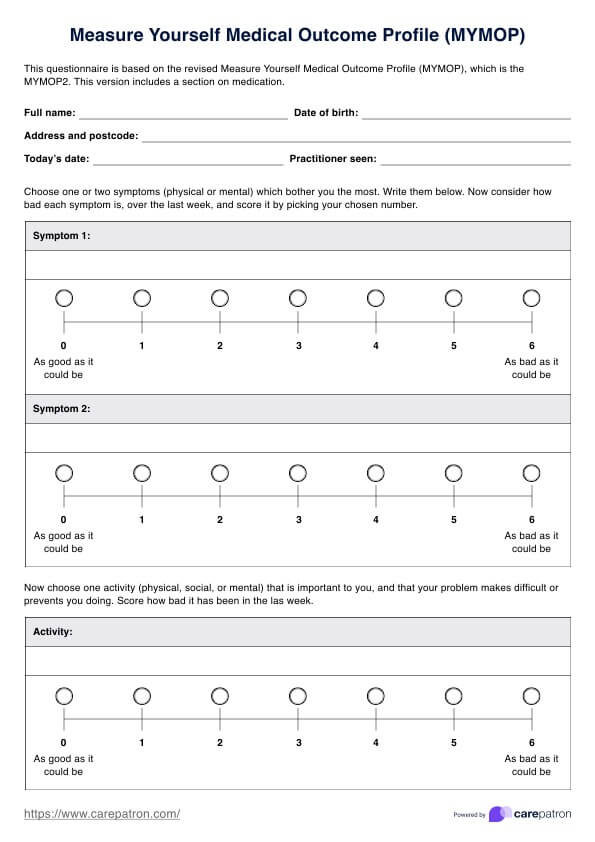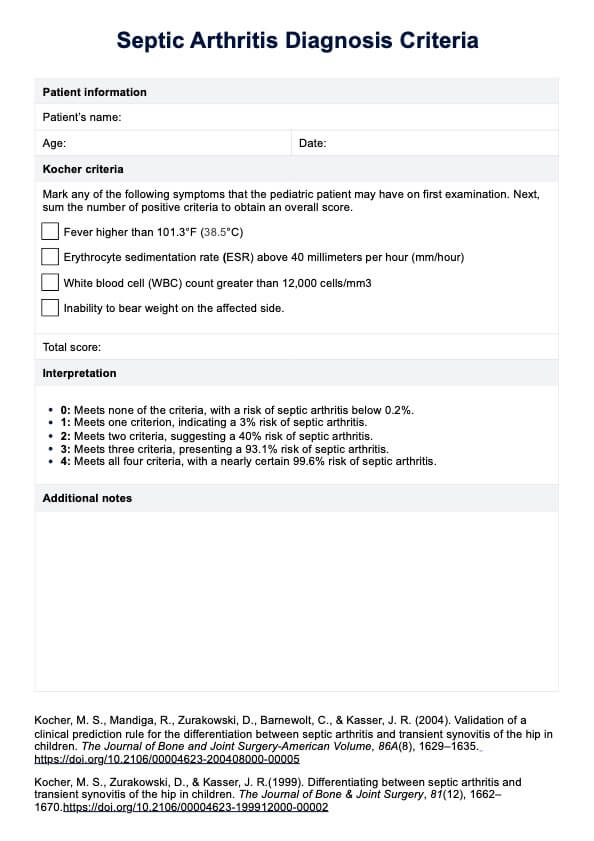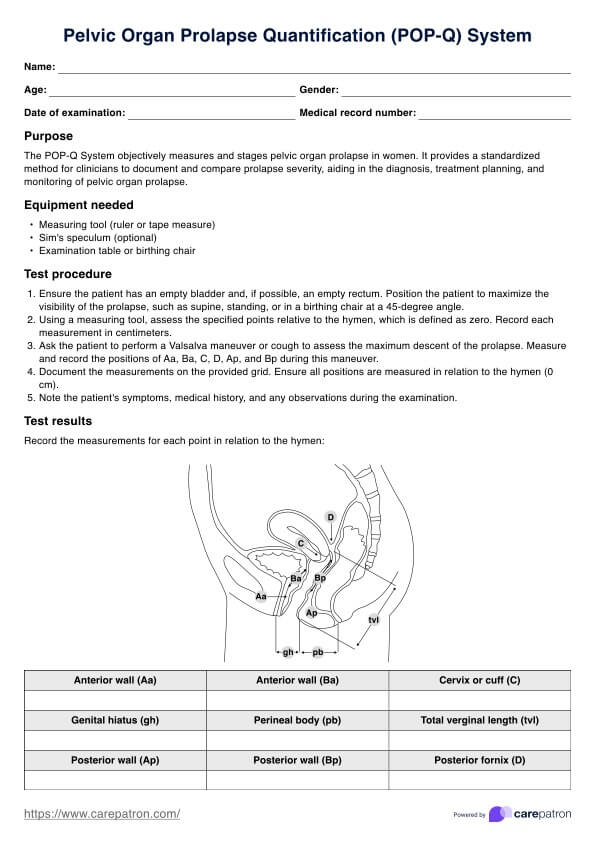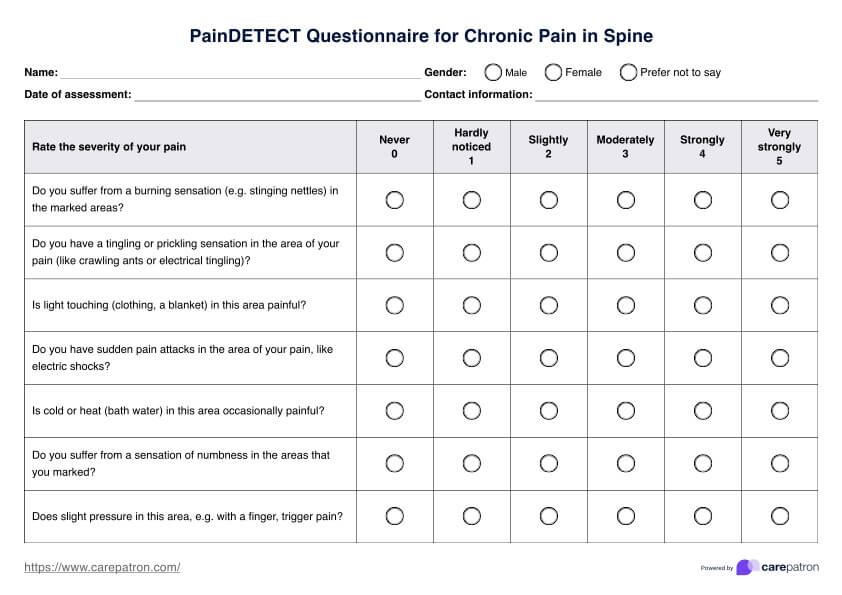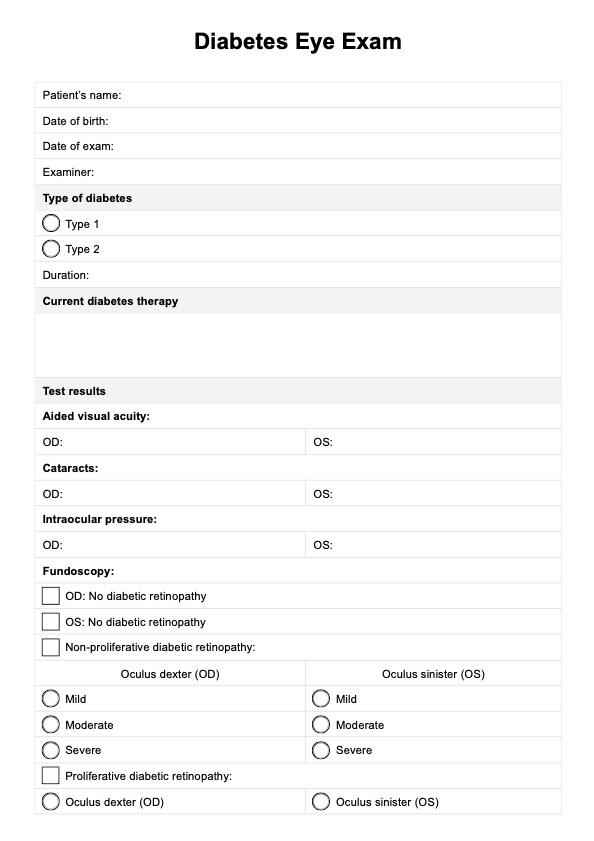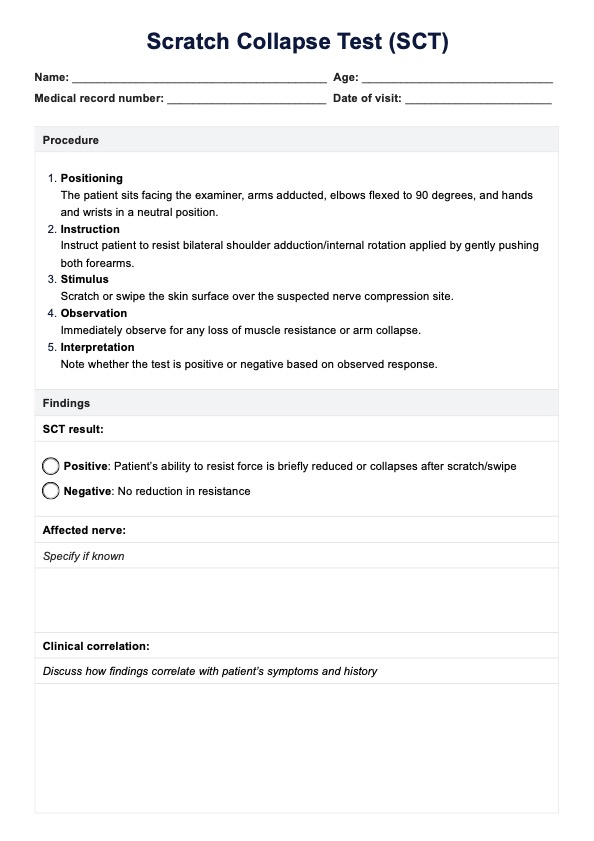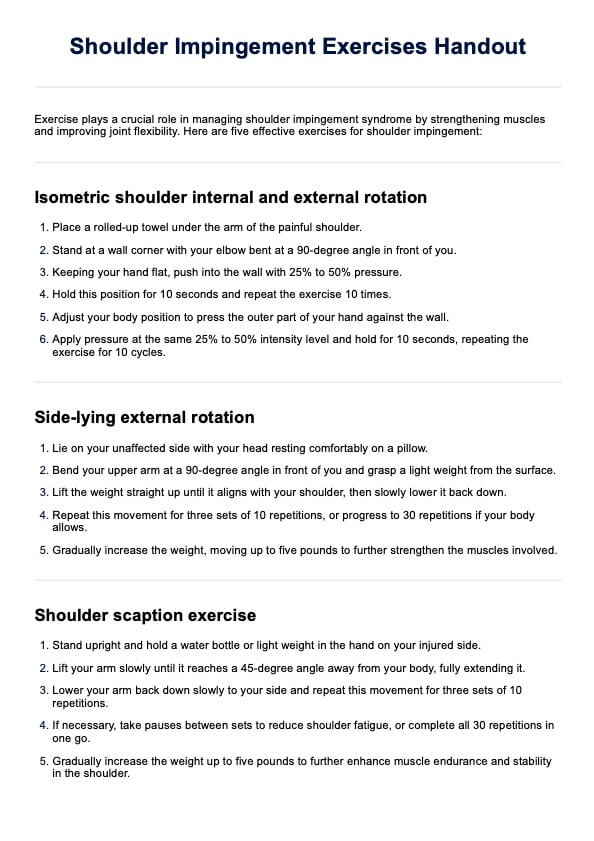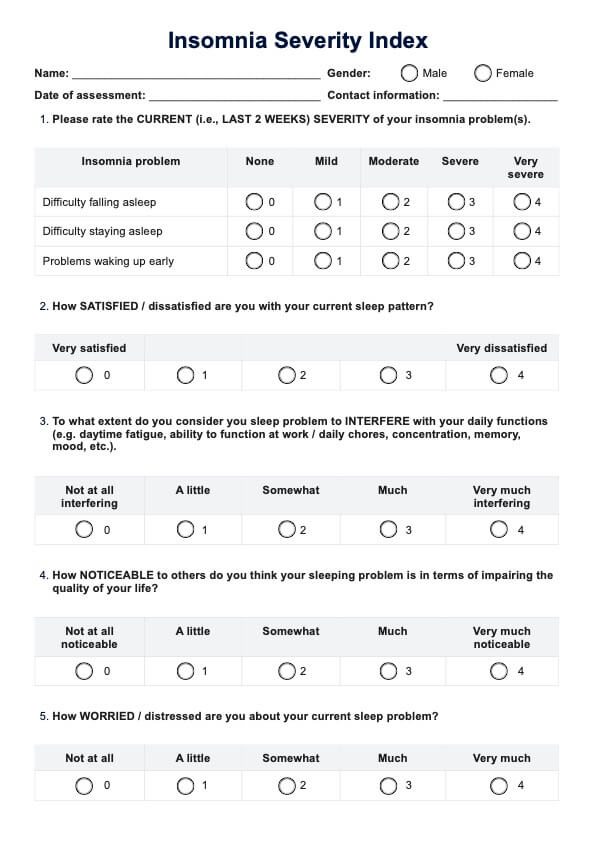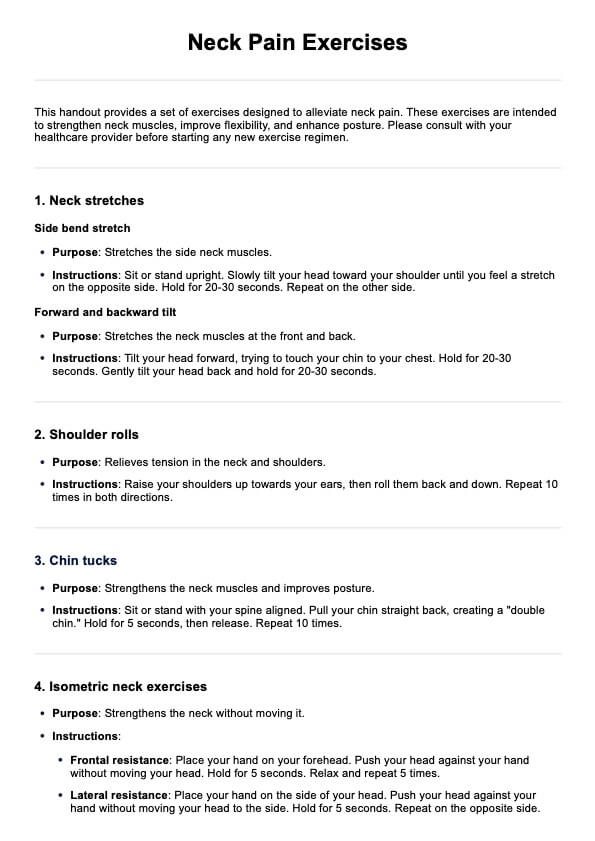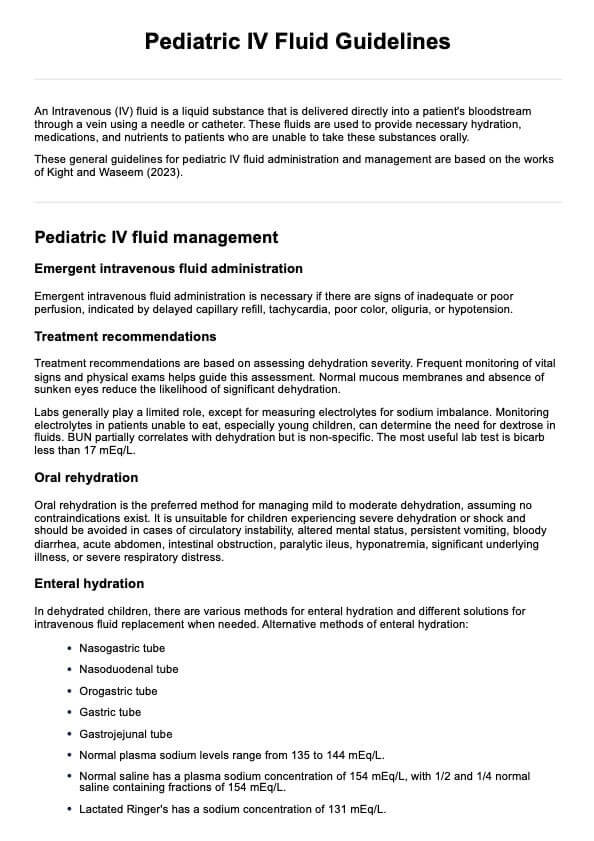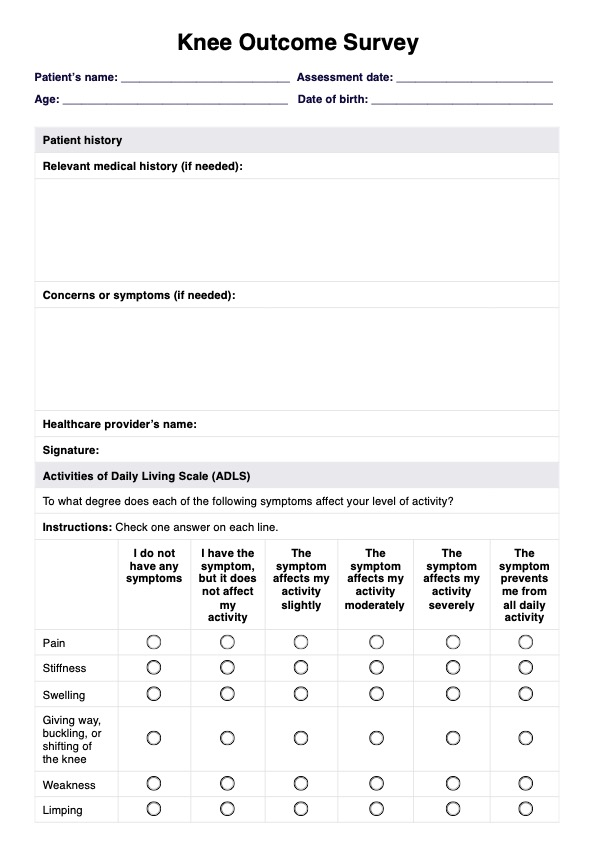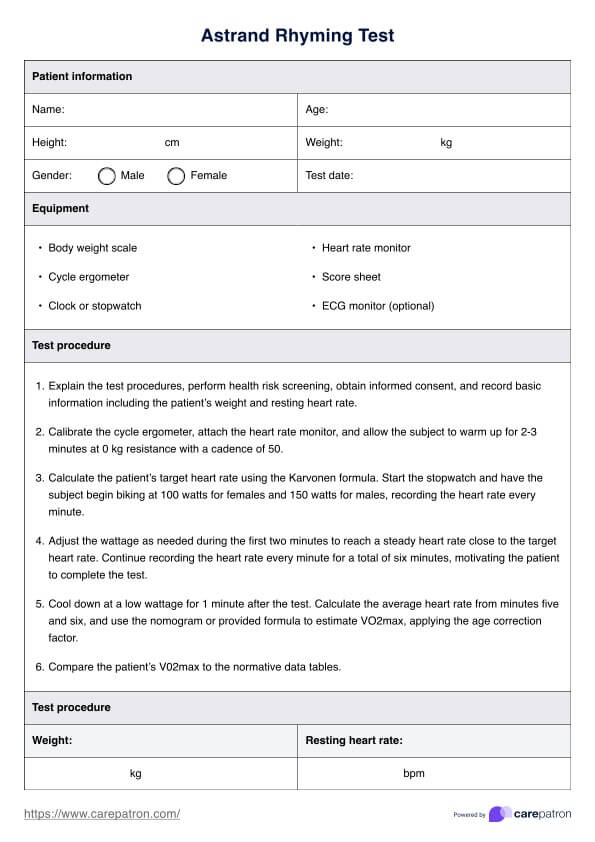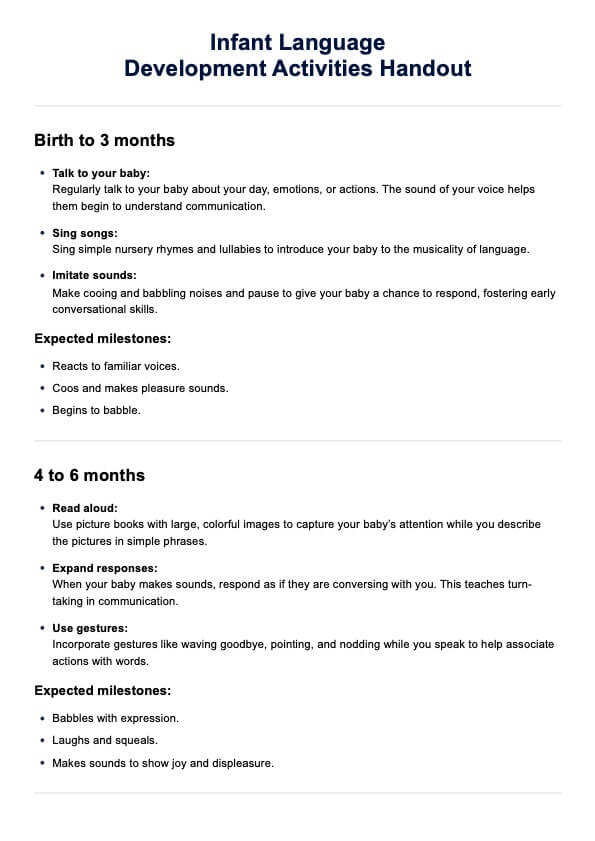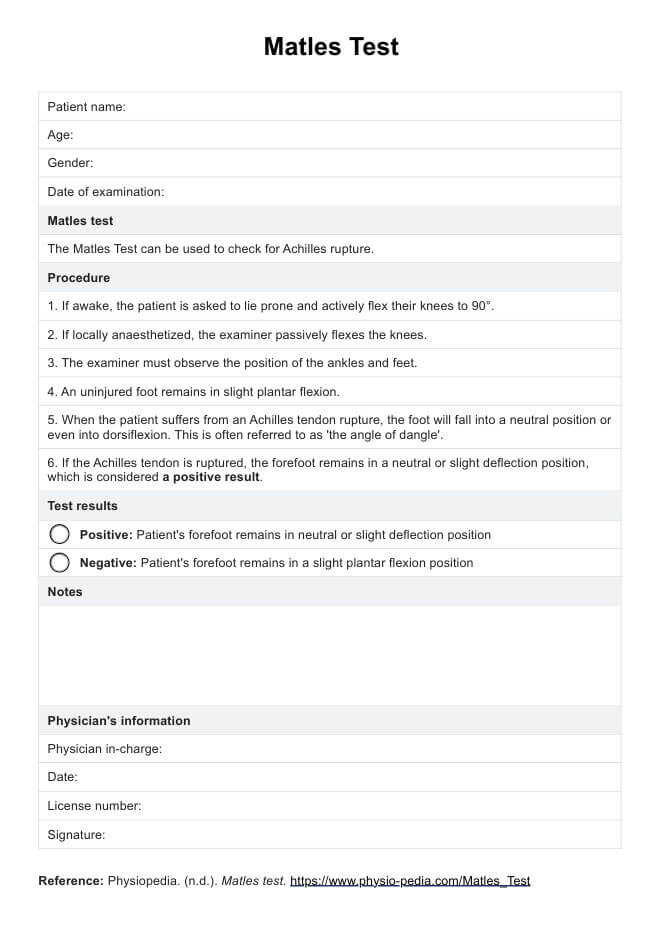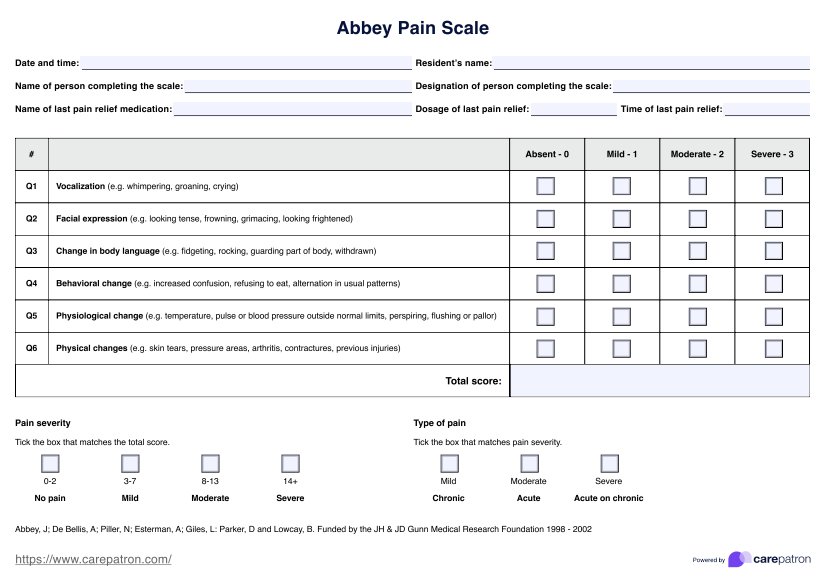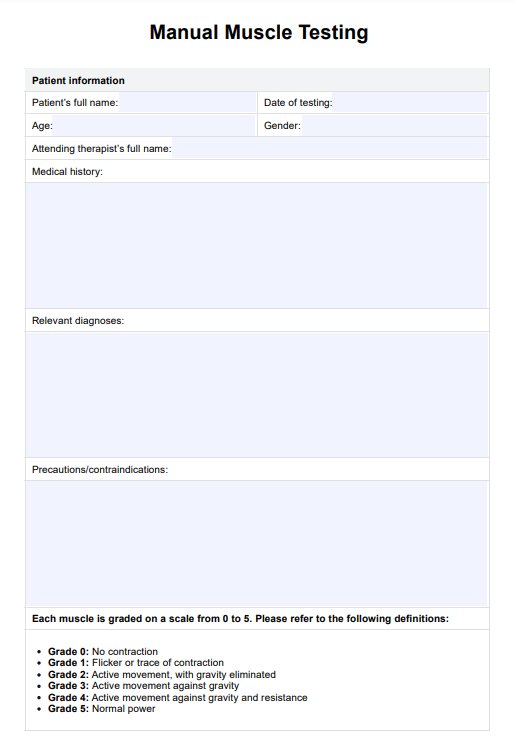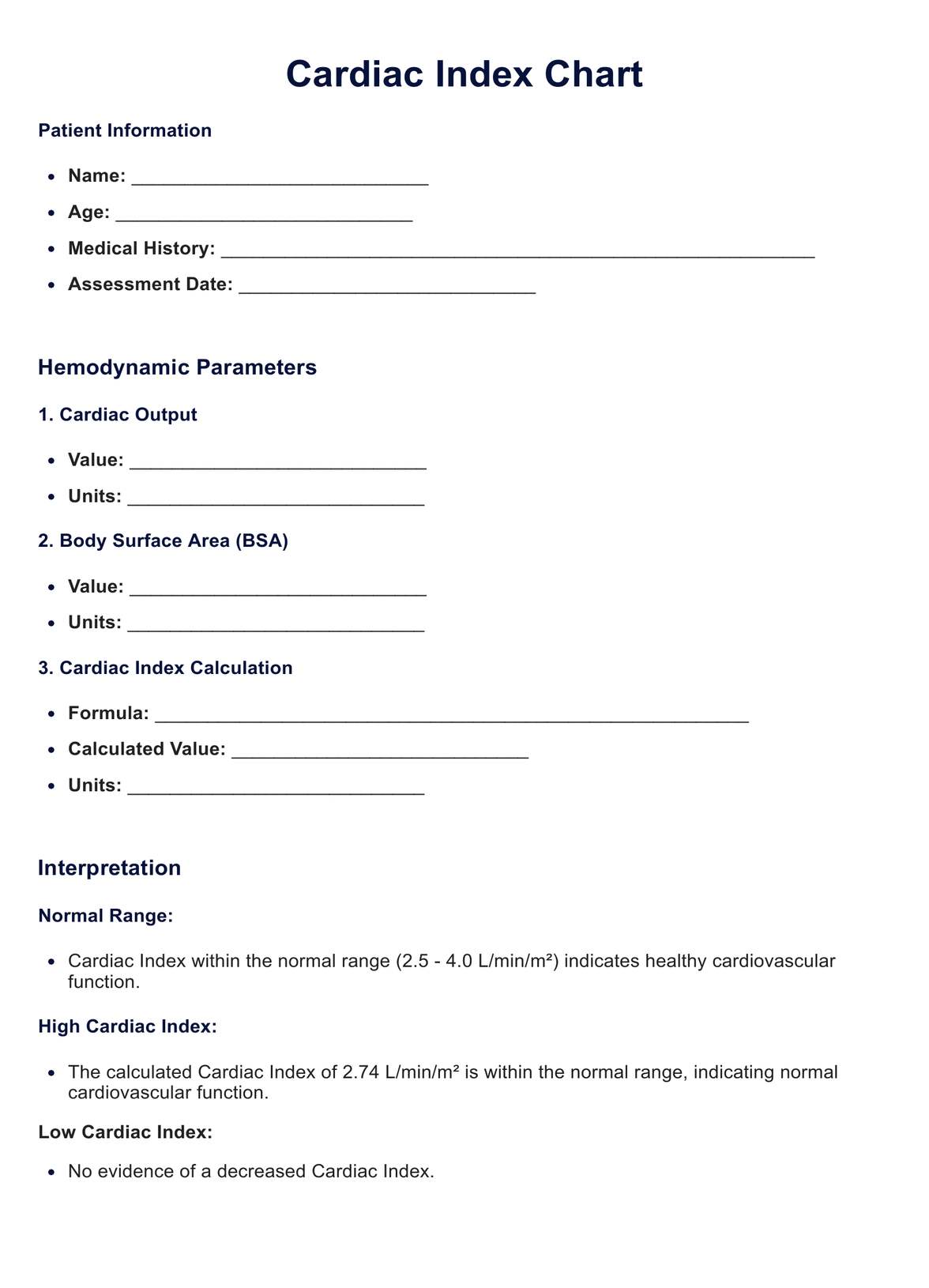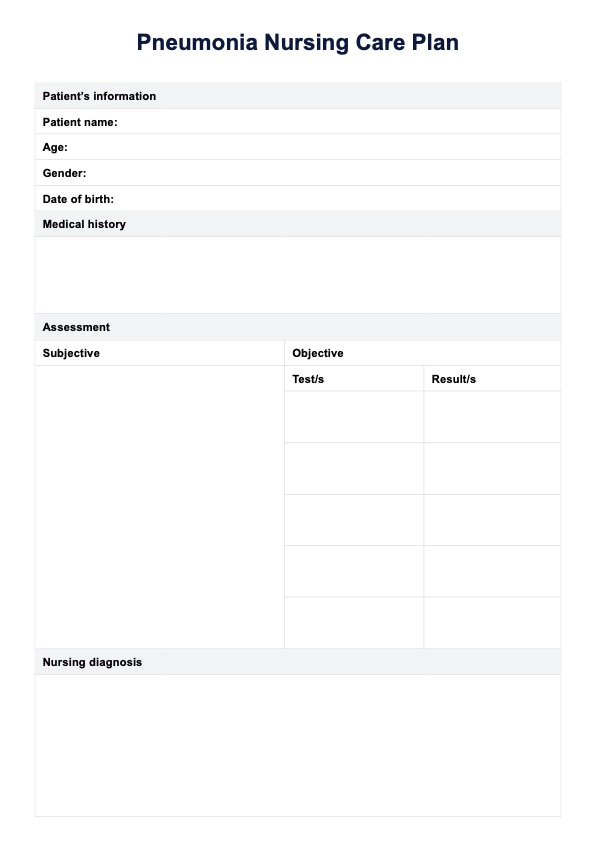Back Knee Pain Location Charts
Discover how to use our free Back Knee Pain Location Chart to help identify the source of your patient's knee pain. Download our free PDF and sample now.


What is a Back Knee Pain Location Chart?
Back knee pain, or posterior knee pain, is discomfort or distress originating from the rear portion of the knee. It's a common issue caused by various conditions, including injuries, arthritis, or diseases such as Baker's cyst. This type of pain may manifest in different ways, like a sharp pain during specific movements, a persistent dull ache, or a feeling of tightness.
This pain can make activities difficult and affect the patient's overall quality of life. Therefore, it is essential to recognize where the pain is coming from as soon as possible to provide the best course of treatment.
Healthcare professionals use a to help assess their patients' pain source. This chart displays the different anatomical locations behind the knee that can be affected, providing medical practitioners with information on how best to relieve their patients.
This chart may include information regarding common conditions associated with knee pain, such as Baker's cyst and meniscus tears, along with the degree of severity and other important factors. Additionally, it helps practitioners diagnose any underlying causes or issues that may be causing the pain.
Back Knee Pain Location Charts Template
Back Knee Pain Location Charts Example
How to use the Back Knee Pain Location Chart
Our printable Back Knee Location Chart lets you quickly identify the source of your patient's knee pain. It contains detailed diagrams and helpful information that can be used to assess the source of the discomfort accurately. Follow these steps to get started:
Step One: Access the chart
Get a free copy of the Back Knee Pain Location using the link on this page. You may also access it from the Carepatron app or our resources library.
Step Two: Explain it to your pain
Discuss the chart with your patient and explain how it works. This will help them understand the reasons behind their discomfort and create an open dialogue about potential treatment plans.
Step Three: Assess the source of pain
Look for any areas of tenderness, swelling, or stiffness around the knee. Compare this to the chart to identify any conditions causing the pain.
Step Four: Discuss treatment options
Once you've determined the source of your patient's pain, discuss potential treatment options such as braces, physical therapy, or medications. Offer advice on lifestyle modifications that may help alleviate their discomfort and improve their quality of life.
Step Five: Follow-up visit
Schedule a follow-up appointment with your patient to review progress and make any necessary adjustments to their treatment plan.
When would you use this free Back Knee Pain Location Chart?
You can utilize Carepatron's Back Knee Pain Location Chart to help your patients identify the source of their discomfort. Additionally, you can use this template to:
Identify possible conditions that could be causing the discomfort
Our free chart is a great resource to help you and your patient narrow down potential causes of their pain. You can create a tailored treatment plan with the information gathered from this chart.
Visualize how certain activities may affect the knee
The Back Knee Pain Location Chart is also helpful in visualizing how certain activities may affect the knee joint and surrounding area. You can use this chart to demonstrate how running, jumping, or squatting can cause increased stress on the knee.
Track changes over time
By using this chart regularly with your patients, you can track and measure their progress over time as they manage their pain. With this data, you can adjust treatment plans accordingly.
Inform referrals to specialists
This chart will prove helpful if you ever need to refer your patient to a specialist. With all the information gathered from each visit documented in our Back Knee Pain Location Chart, you can provide the specialist with detailed and accurate reports of your patient’s progress.
Benefits of free Back Knee Pain Location Chart
Here are some of the advantages of using our free Back Knee Pain Location Chart:
It's easy to use and understand
Our template is designed to be user-friendly and intuitive. You can quickly gather information from the patient’s visit and record it quickly while maintaining accuracy.
It's customizable
The chart is highly flexible and customizable, so you can adjust it to fit your workflow and tailor it to individual patients.
It provides valuable data
Our Back Knee Pain Location Chart provides valuable and detailed data that you can use to create tailored treatment plans, visualize how certain activities may affect the knee, track changes over time, and inform referrals to specialists.
It's printable
You can also print out the chart for quick reference when needed. The template is designed to be compatible with both standard and wide-format printers.
It empowers patients to take control of their condition
When you provide your patients with a Back Knee Pain Location Chart, they can better understand and manage their pain. Encouraging them to track their progress over time will give them the confidence they need to take control of their condition.
It enhances doctor-patient communication
Using our Back Knee Pain Location Chart can significantly improve doctor-patient communication. By visualizing the pain locations, patients can more effectively express their symptoms, and you can make more informed diagnoses and treatment plans.
Commonly asked questions
Healthcare professionals like doctors, physical therapists, and nurses often use Knee Pain Location Charts to help diagnose and treat knee pain.
You can use Back Knee Pain Location Charts at any stage of the treatment process, from initial diagnosis to ongoing monitoring. It can also track changes in a patient’s condition over time and inform referrals to specialists if necessary.
The Back Knee Pain Location Chart can help a person identify the source and severity of their knee pain. Additionally, it can be used to track changes in a patient’s condition over time—both with treatment and without—so that healthcare professionals can better understand the progression of the patient's disease.


